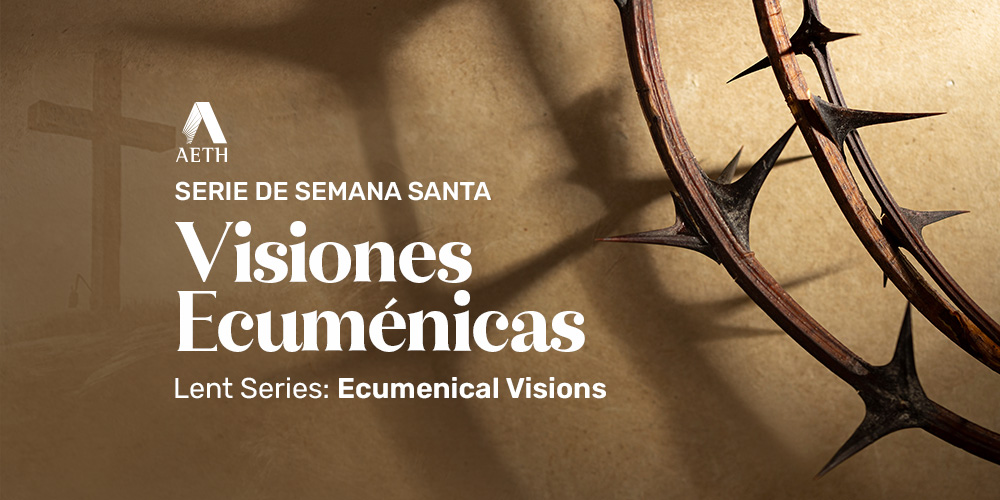Holy Week is a significant period for the unity of the Church, as it commemorates the central events of the Christian faith: the Passion, Death, and Resurrection of Jesus Christ. During this week, Christians of different denominations come together in reflecting on and celebrating these pivotal events. Despite the denominational and theological differences that may exist between the various branches of Christianity, Holy Week serves as a powerful reminder of the shared beliefs that unite Christians. Christ’s victory over death are central themes that transcend doctrinal differences and foster unity in faith. Holy Week represents a time of unity for the Church, as Christians of all denominations come together to remember and celebrate the foundational events of their faith. The celebration of the resurrection is universally recognized as the victory of Jesus Christ over death and is the cornerstone of the Christian faith. Easter serves as a time of spiritual renewal and rebirth, emphasizing the opportunity for people to experience transformation and personal growth. This theme resonates in various Christian traditions and emphasizes hope and the possibility of new beginnings. Despite theological differences among Christian denominations, Easter underscores shared belief in the fundamental tenets of the faith, particularly the resurrection of Jesus Christ. It serves as a unifying force, bringing together believers from diverse backgrounds in celebration of their common faith. Easter provides a sacred time to reflect on the sacrifice of Jesus Christ and the profound implications of his resurrection. It invites believers to contemplate the meaning of redemption, forgiveness, and the promise of eternal life, fostering a deeper connection to the divine. Many ecumenical visions of Easter emphasize the call to emulate the love and compassion exemplified by Jesus Christ in his life and teachings. Believers are encouraged to demonstrate acts of kindness, generosity, and service to others, reflecting the transforming power of Christ’s resurrection in their own lives and communities. | 

